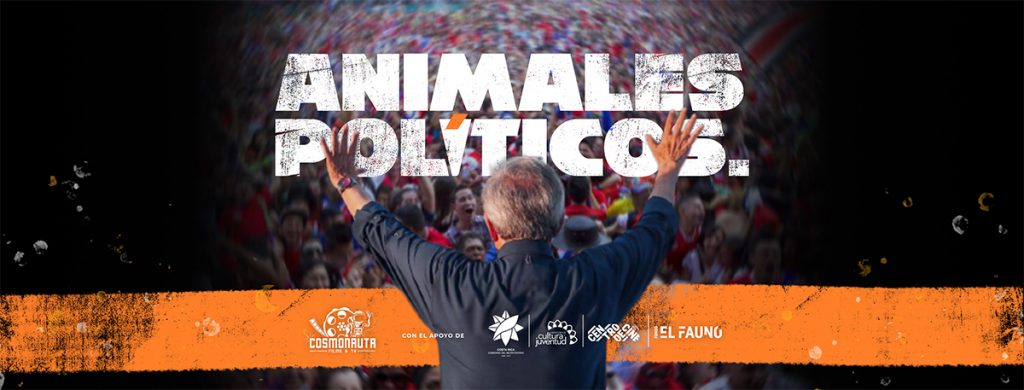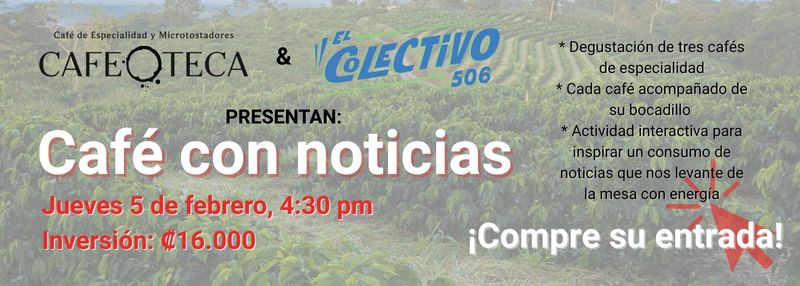Concern about increasing misinformation in Costa Rica led us to dedicate our September issue, “Infodemia”, to that topic. In the latest installment in our Voices section, the filmmaker Roberto Jaén tells us how a similar concern—not only about misinformation at the media level, but also ignorance about our political system—led him to create the series Animales Políticos (Political Animals).
In Costa Rica we grow up thinking that politics, soccer and religion should not be discussed—as if the three were equivalent. As if an irrational and passionate fan could not rationally participate in a discussion about the right economic path or the most reasonable system of government for our country.
This, of course, is a problem. Democratic societies do not survive in a reality defined with Twitter trolls or rabid superfans. Democratic societies require dissent: they require opposing ideas and, most importantly, dialogue. They need citizens who are able to speak up and argue about the decisions we make as a group.
The documentary series that we premiered this year, Political Animals, was not created because of the thoughts above, though they were always in our heads. It was created because of a very specific concern. Just after Costa Rica’s 2018 elections, someone claimed in a post on social networks that the elections must have been a fraud because it’s impossible to count millions of votes in two hours. The assertion showed a profound ignorance of the procedures and work of the Supreme Electoral Tribuna (TSE). To me, the comment seemed to be part of a larger web of ignorance.
We can link that comment to days of outrage among people who thought that the president released inmates at will, or who frequently forget that Costa Rica has three powers of government, each with a different mandate and reach. We can link it to people who demand the president to legislate when that’s the work of our legislators, or who demand that our legislators convict when that’s the work of the courts.
That’s how Political Animals was born: an idea of how to tell in a pleasant, but didactic and profound way, small stories about our institutions. We quickly settled on a documentary series format and started to generate ideas about what could make it unique. We wanted to create the complete opposite of what people would expect from a Costa Rican political documentary.

At one point, we reduced the scope of the project, seeing it as an instrument of political literacy—something small, with specific definitions and explanations. However, it later grew larger once more to become an academic documentary based on interviews with experts. As our research into our topics progressed, we saw that the potential was broader than we’d previously thought. However, we also understood our responsibility: to report truthfully and critically.
Fortunately, or rather thanks to the expertise of our entire team, Political Animals ended up being more than any of the iterations above. It became a more comprehensive, critical, reflective, incisive and uncomfortable project than we ever envisioned, in order to spark much-needed discussions.
Political Animals evolved thanks to the hours we invested in research, thanks to the 46 interviews that the team carried out, and thanks to our interviewees’ willingness to talk for hours. We may well have taken more care with the aesthetics of the project than any other Costa Rican documentary, with a grueling collection of footage. From there, the series continued to take shape through the music that created a recognizable atmosphere, our editing techniques, and the clarity and creativity of animation and design. Each creative department was essential to achieve what we would understand only later, thanks to the messages we’ve received from viewers: the series has become the literacy and political education that, perhaps, we never received.
If our contribution is only to awaken the desire to talk and reflect on our politics, we will have done far more than we ever expected. If, on the contrary, we manage to generate greater debate, genuine interest, and increased participation by even a small group of people, we will have surpassed our expectations in an overwhelming way. That’s how we’re wrapping up the Political Animals process, thinking that no matter what, we’ve fulfilled the objectives with which we began: creating dialogue free from fanaticism, and full of interest.





